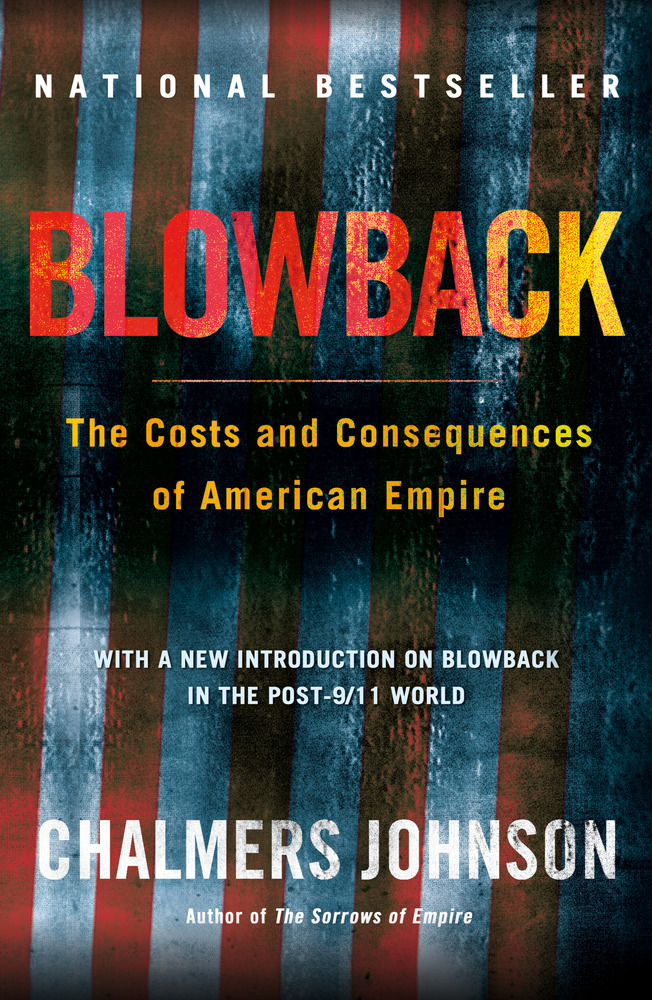
He taught political science at the University of California from 1962 until he retired from teaching in 1992.

He was a communications officer on the USS La Moure County, which ferried Chinese prisoners of war from South Korea back to ports in North Korea. ĭuring the Korean War, Johnson served as a naval officer in Japan. Johnson met his wife, Sheila, a junior at Berkeley, in 1956, and they married in Reno, Nevada, in May 1957. Both of his advanced degrees were from the University of California, Berkeley. He earned a BA in economics in 1953 and an MA and a PhD in political science in 19, respectively. Johnson was born in 1931 in Phoenix, Arizona, to David Frederick Johnson Jr. If it sticks to imperialism, it will, like the old Roman Republic, on which so much of our system was modeled, lose its democracy to a domestic dictatorship." Career A former Cold Warrior, he notably stated, "A nation can be one or the other, a democracy or an imperialist, but it can't be both.

Johnson wrote numerous books, including three examinations of the consequences of what he called the " American Empire": Blowback, The Sorrows of Empire, and Nemesis The Last Days of the American Republic. He was also president and co-founder with Steven Clemons of the Japan Policy Research Institute (now based at the University of San Francisco), an organization that promotes public education about Japan and Asia. He served in the Korean War, was a consultant for the CIA from 1967 to 1973 and chaired the Center for Chinese Studies at the University of California, Berkeley from 1967 to 1972.

Chalmers Ashby Johnson (Aug– November 20, 2010) was an American political scientist specializing in comparative politics, and professor emeritus of the University of California, San Diego.


 0 kommentar(er)
0 kommentar(er)
